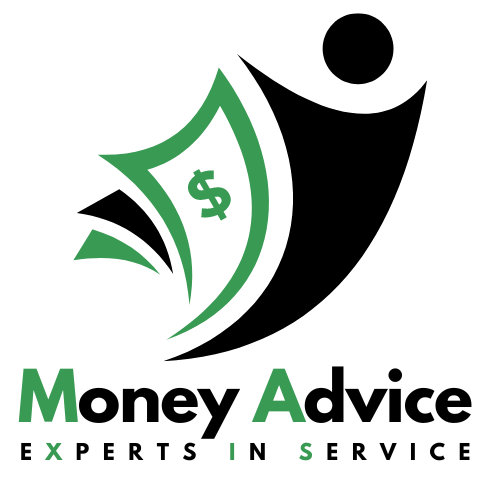Consultants play a crucial role in today’s business world, providing expert advice and guidance to companies in various industries. As a consultant, you may be self-employed or work for a consulting firm, but either way, you are likely to incur expenses related to your work. The good news is that many of these expenses may be tax-deductible, helping you reduce your taxable income and potentially save money on your taxes. In this article, we will explore some common tax deductions that consultants can take advantage of to maximize their tax savings.
Home Office Expenses
One of the most significant tax deductions available to consultants is the home office deduction. If you use a portion of your home regularly and exclusively for business purposes, you may be able to deduct expenses related to your home office, such as rent, utilities, insurance, and maintenance costs. To qualify for this deduction, your home office must be your primary place of business where you meet with clients or perform administrative tasks.
Travel Expenses
As a consultant, you may need to travel frequently to meet with clients, attend conferences, or conduct on-site visits. Fortunately, many travel expenses are tax-deductible, including airfare, hotel accommodations, rental cars, meals, and even tips. Keep detailed records of your travel expenses, including receipts and mileage logs, to substantiate your deductions in case of an audit.
Professional Development
Staying current with industry trends and enhancing your skills is essential for consultants to remain competitive. Luckily, expenses related to professional development, such as workshops, seminars, conferences, and online courses, are generally tax-deductible. Invest in your education and growth as a consultant while reaping the tax benefits of these expenses.
Software and Equipment
Consultants rely heavily on technology to perform their work efficiently. You can deduct the cost of software programs, computer equipment, smartphones, and other technology tools that are necessary for your consulting business. Keep track of your purchases and retain receipts to support your deductions.
Marketing and Advertising
Promoting your consulting services is crucial for attracting clients and growing your business. Fortunately, expenses related to marketing and advertising, such as website development, business cards, brochures, and online ads, are deductible. Invest in marketing strategies that help you reach your target audience while benefiting from tax savings.
Insurance Premiums
Consultants often need various types of insurance coverage to protect their business and assets. You can deduct premiums paid for professional liability insurance, business insurance, health insurance, and other types of coverage. Consult with a tax professional to ensure you are maximizing your insurance-related deductions.
Retirement Contributions
Planning for your retirement is essential, even as a consultant. You can deduct contributions to retirement accounts, such as a Simplified Employee Pension (SEP) IRA or a Solo 401(k) plan. By saving for retirement while enjoying tax benefits, you can secure your financial future as a consultant.
Conclusion
As a consultant, taking advantage of tax deductions can significantly impact your bottom line and reduce your tax liability. By carefully tracking and documenting your business expenses, you can maximize your deductions and save money on your taxes. Consult with a tax professional to ensure you are claiming all eligible deductions and complying with tax laws. With proper planning and record-keeping, you can optimize your tax situation as a consultant and focus on growing your consulting business.

 McDonald’s Monopoly
McDonald’s Monopoly Home Loan Handbook
Home Loan Handbook Turbocharge Wealth
Turbocharge Wealth Rattle the Market
Rattle the Market Homeowner’s Code
Homeowner’s Code